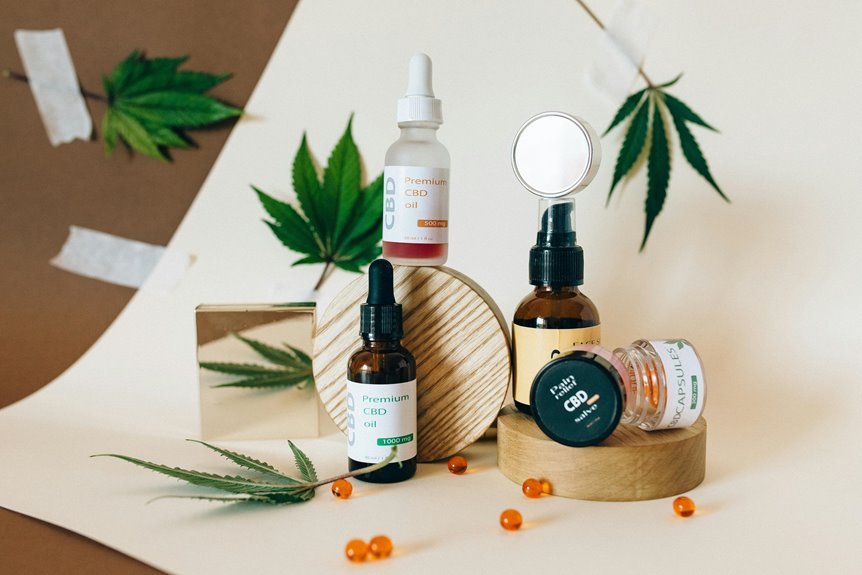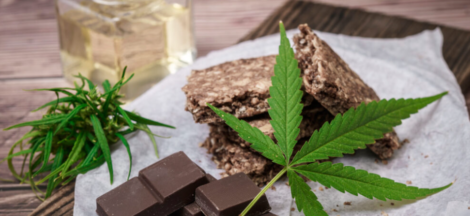The distinction between CBD and THC is crucial in understanding their respective roles in the cannabis spectrum. CBD, with its non-intoxicating nature, offers therapeutic benefits without the high associated with THC. Conversely, THC's psychoactive properties can alter perception and mood, presenting a different array of effects. The legal landscape surrounding these compounds further complicates their use and acceptance. Exploring these differences reveals important implications for consumers and patients alike.
Chemical Structure and Composition
Although both CBD (cannabidiol) and THC (tetrahydrocannabinol) are derived from the cannabis plant, their chemical structures and compositions exhibit significant differences that influence their effects on the human body.
The molecular differences lie in their structural characteristics; THC contains a cyclic structure that facilitates psychoactivity, while CBD has a linear structure, which contributes to its non-intoxicating properties.
These distinctions are fundamental to their respective functions.
Effects on the Body
The effects of CBD and THC on the human body differ markedly due to their distinct interactions with the endocannabinoid system.
CBD is primarily known for its pain relief and mood enhancement properties without inducing psychoactive effects.
Conversely, THC provides pain relief and mood enhancement through its psychoactive properties, influencing the user's mental state and potentially leading to altered perceptions and sensations.
Legal Status and Regulation
While the legal status of CBD and THC varies significantly across jurisdictions, it is essential to understand the regulatory frameworks that govern these substances.
CBD is often more widely accepted, with fewer legal implications, while THC remains heavily regulated due to its psychoactive properties.
This disparity highlights the complexities within legal systems, necessitating awareness of local laws for informed consumption and production.
Medical Uses and Benefits
Despite their distinct legal statuses, both CBD and THC have garnered significant attention for their potential medical uses and benefits.
CBD is primarily recognized for its efficacy in pain management and anxiety relief without psychoactive effects.
Conversely, THC offers similar benefits but can produce a high, which some patients find therapeutic.
Both compounds highlight the evolving landscape of alternative medicine and patient autonomy in treatment choices.
Conclusion
In summary, CBD and THC differ significantly in their chemical structures, effects, and legal standings. While CBD is celebrated for its therapeutic benefits without psychoactive effects, THC offers a distinct high alongside its medicinal properties. Notably, a recent survey revealed that 64% of Americans support the legalization of cannabis, highlighting the growing acceptance and interest in understanding these compounds. As research continues to evolve, the distinctions between CBD and THC will play a crucial role in shaping future regulations and therapeutic applications.





 Can Cbd Show on Drug Test
Can Cbd Show on Drug Test